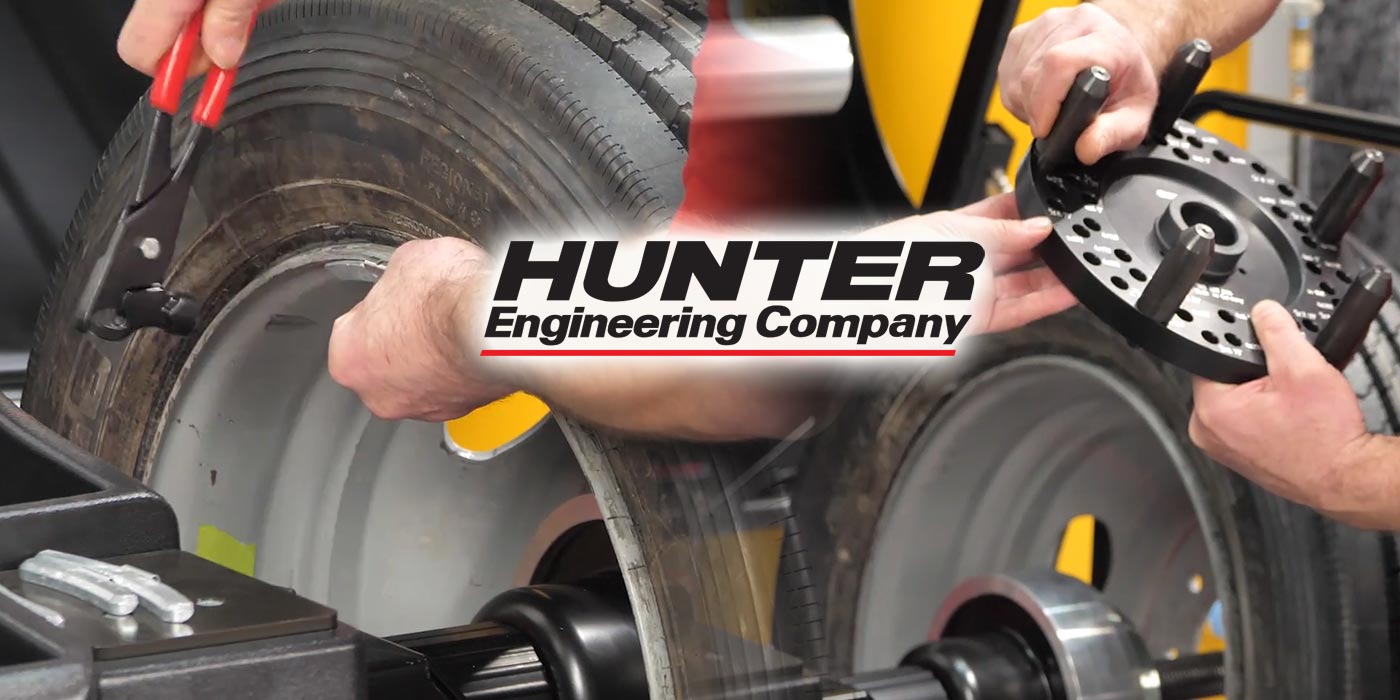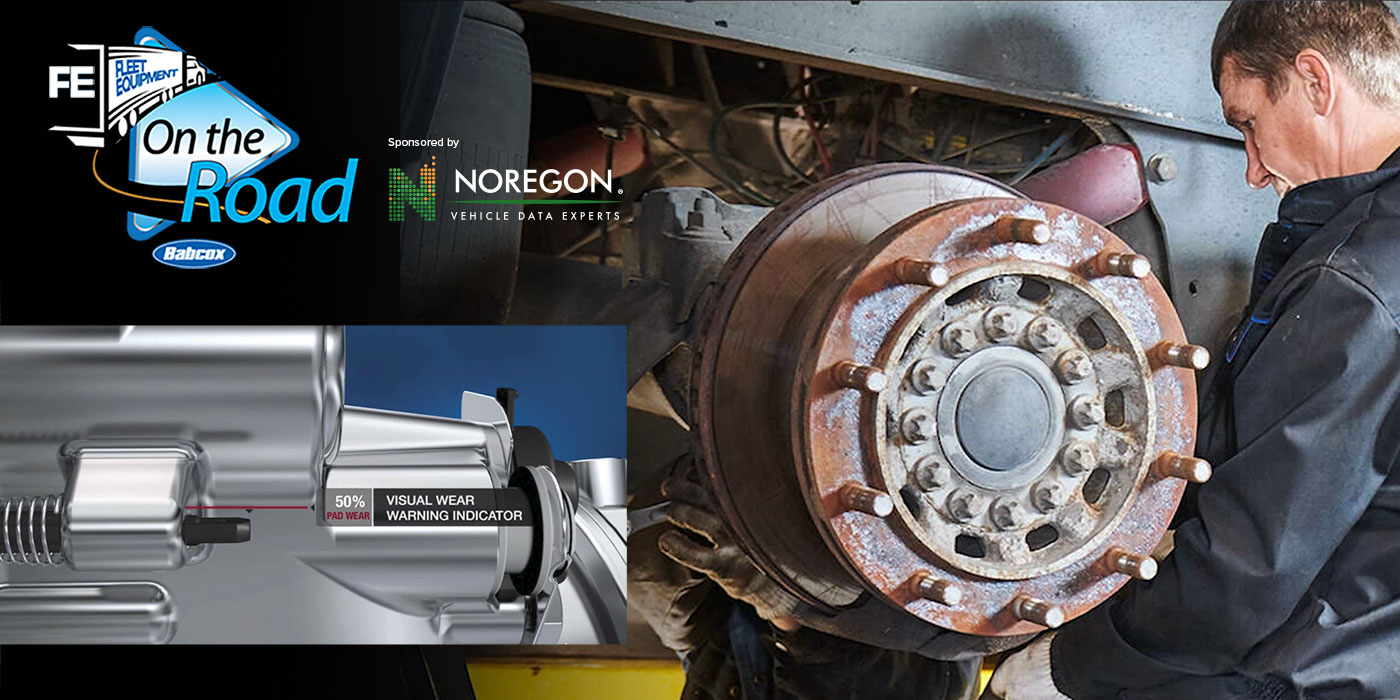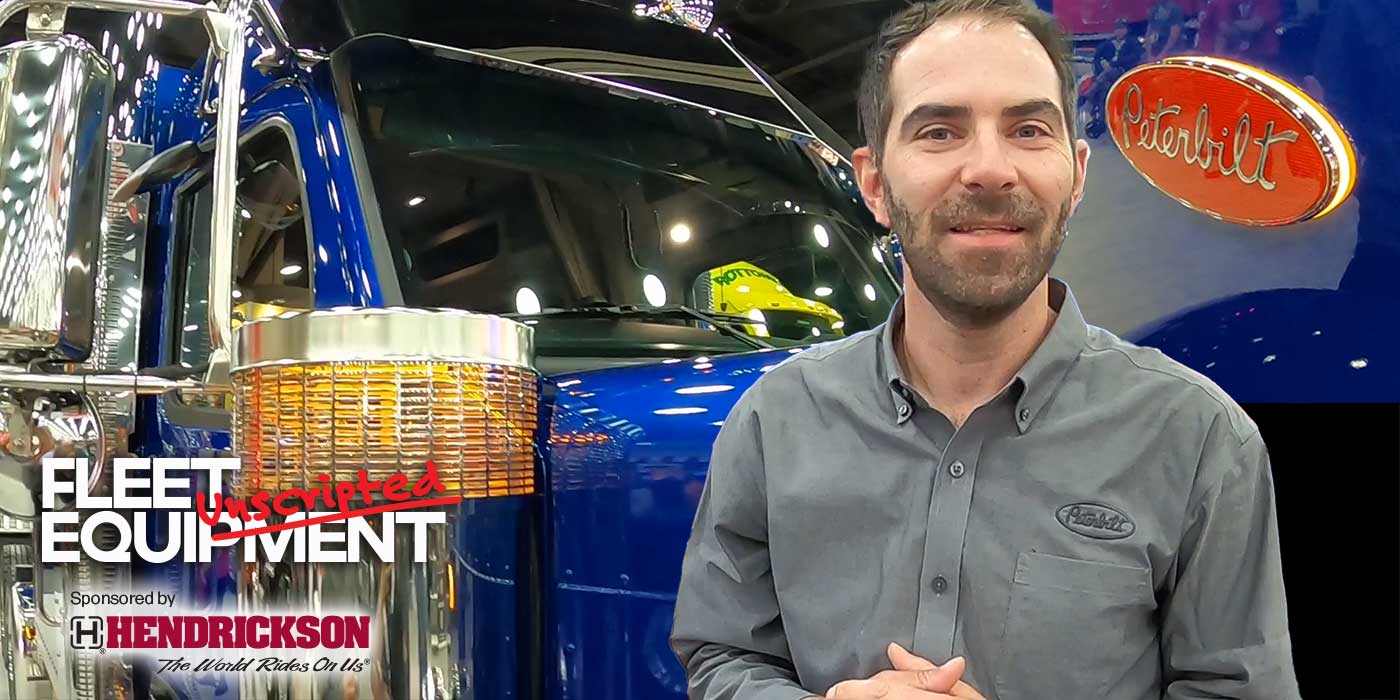Greases aren’t a one-size-fits-all solution. Fortunately, most fleets can get away with using maybe two, three or four greases.
Click here to watch more of FE’s On the Road video series.
Here is a transcript of the video:
If you’re selecting your heavy-duty truck grease based on price rather than on application, you’re opening yourself up to more reactive maintenance and equipment breakdowns. You wouldn’t spec the same tires for a Class 8 truck as you would for the family sedan, and you have to think about grease the same way.
Now, keep in mind, too, that you should really have several different types of grease on hand for different grease points on the truck. If we go back to the tire analogy, using the same grease everywhere on the truck would be like putting trailer tires at the steer position. They’re both truck tires, sure, but it’s not right, and you’re likely not going to get the performance you’re looking for.
Fortunately, most fleets can get away with using maybe two, three or four greases. Some of the most typical stuff you’ll find on the shelves includes multi-purpose grease, often economically priced and most suitable for use where equipment is serviced often; high temperature grease, which comes in handy where above-normal operating or ambient temperatures are a factor; electric motor grease, designed to cling to high-speed motor bearings; and moly-fortified grease, which is designed to provide a sacrificial boundary layer of protection on metal.
One thing to note: If you’re watching this and think “Oh no, I need to go buy more grease,” don’t go at it alone! Seek expert advice from one of the many trusted lubricant companies out there to be sure you’re using the right grease at the right spot at the right time.
Even if you think you have your heavy-duty greases all sorted out, the weather can change and all that prep you did to get your grease right goes out the window. But, there are solutions to this.
First, you’ll want to be sure you’re selecting your grease based on both the application and the operating environment of the fleet. If you operate in the Pacific Northwest, for example, it’s important your grease can protect components from an environment that can be affected by saltwater, and can at times be wet, cold and dusty.
Also, no matter where you operate, you might want to consider synthetic grease. It comes at a price, but it can be worth it due to its oxidation resistance and ability to maintain the same consistency in all weather conditions.
Now, if you decide to change the grease you’re using on a specific grease point, it’s important you are confident the old and new greases will be compatible with each other. If not, even when it comes to those greases with similar thickeners or base oils, the greases can react to each other. Usually, this means you could see a hardening of the greases at the point where they contact each other, or even separation of the thickener from the base oil, which can make it appear as if the grease will ‘run out.’
As a best practice, you’ll want to cut the service interval in half for two periods to make sure the area is protected when adding a new kind of grease to any grease point.













